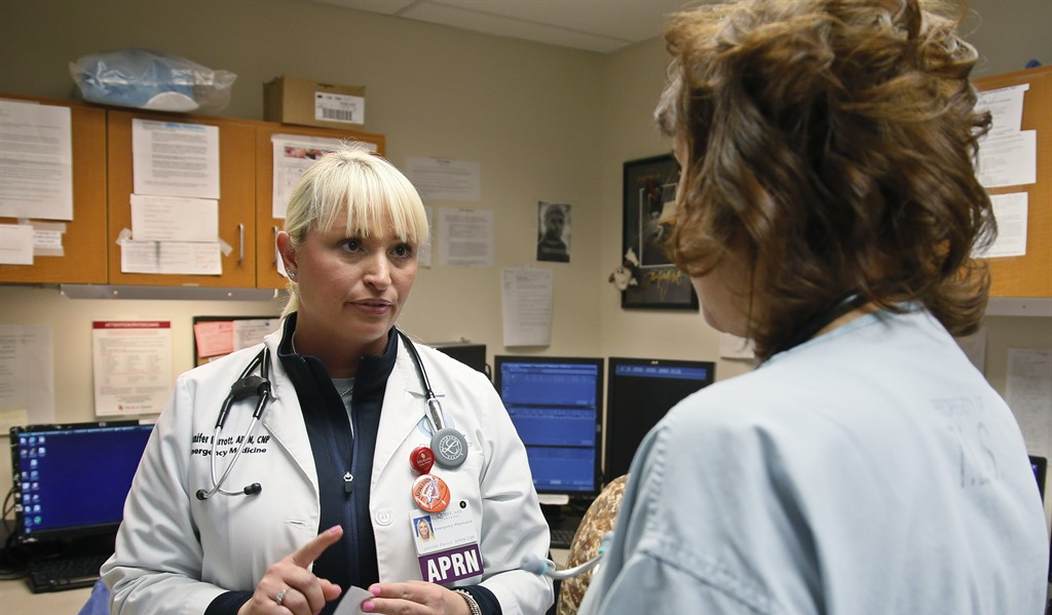Seven out of 10 voters rate their health insurance coverage and the medical care they receive as good or excellent. Despite that, only 34% give our nation's health care system positive reviews. Not surprisingly, therefore, health care reform has consistently been a top voter concern election after election.
Broadly speaking, voters have two concerns. Defensively, they want to make sure that Congress doesn't make a bad situation worse. That's why 78% of voters want any reform to specifically provide protection for people with preexisting conditions. Beyond that, however, voters want more control over their own health care decisions. And in practical terms, that means they need more choices. Seventy-four percent would like the option of buying into the health insurance plan offered government employees.
On a broader basis, 65% think health insurance companies should be required to offer a variety of health insurance options. Those options would include more expensive plans with comprehensive coverage and less expensive plans that cover only basic health care needs.
The desire for choice is also highlighted by the strong opposition to banning private insurance companies and requiring everybody to get their medical coverage through the federal government. Eighty-two percent oppose that provision in Sen. Bernie Sanders' "Medicare for All" plan.
This desire for both protection and choice was highlighted in a ScottRasmussen.com survey exploring what voters consider to be junk insurance.
Recommended
Not surprisingly, 76% believe "health insurance that fails to pay for its promised coverage" is junk. Just about any product or service that fails to deliver as promised ranks pretty low in the world of consumer choice.
Perhaps more interesting are five other forms of health insurance that most voters see as junk:
-- Seventy-two percent believe the term "junk insurance" applies to "health insurance with so much red tape that people have to wait a long time for surgery." Just 14% disagree.
-- Sixty-nine percent believe "health insurance that forces people to pay for coverage of medical procedures they don't need" is junk. Only 18% disagree.
-- Sixty-eight percent believe "junk" is the appropriate description for "health insurance that places a limit on care for items such as cancer treatments." Nineteen percent disagree.
-- Sixty-two percent consider "health insurance that won't let you choose your own doctor" to be junk insurance. Only 23% disagree.
-- A bare majority -- 51% -- think "junk" is the right description for "health insurance that requires young people to subsidize the premiums of older people."
Highlighting a gap between the political world and the rest of the nation, just 41% believe "health insurance with low premiums that covers only major medical expenses and emergencies" is junk. On that point, 38% disagree.
Just 28% think "health insurance that is expensive but covers virtually every medical emergency" should be considered junk. Most (52%) disagree. This makes clear that voters don't have a problem with expensive health insurance; they just don't like the idea of being forced to buy it.
Put it all together and the twin pillars of successful health care reform are pretty clear. First, do no harm. Second, empower Americans to make their own health care choices.
























Join the conversation as a VIP Member